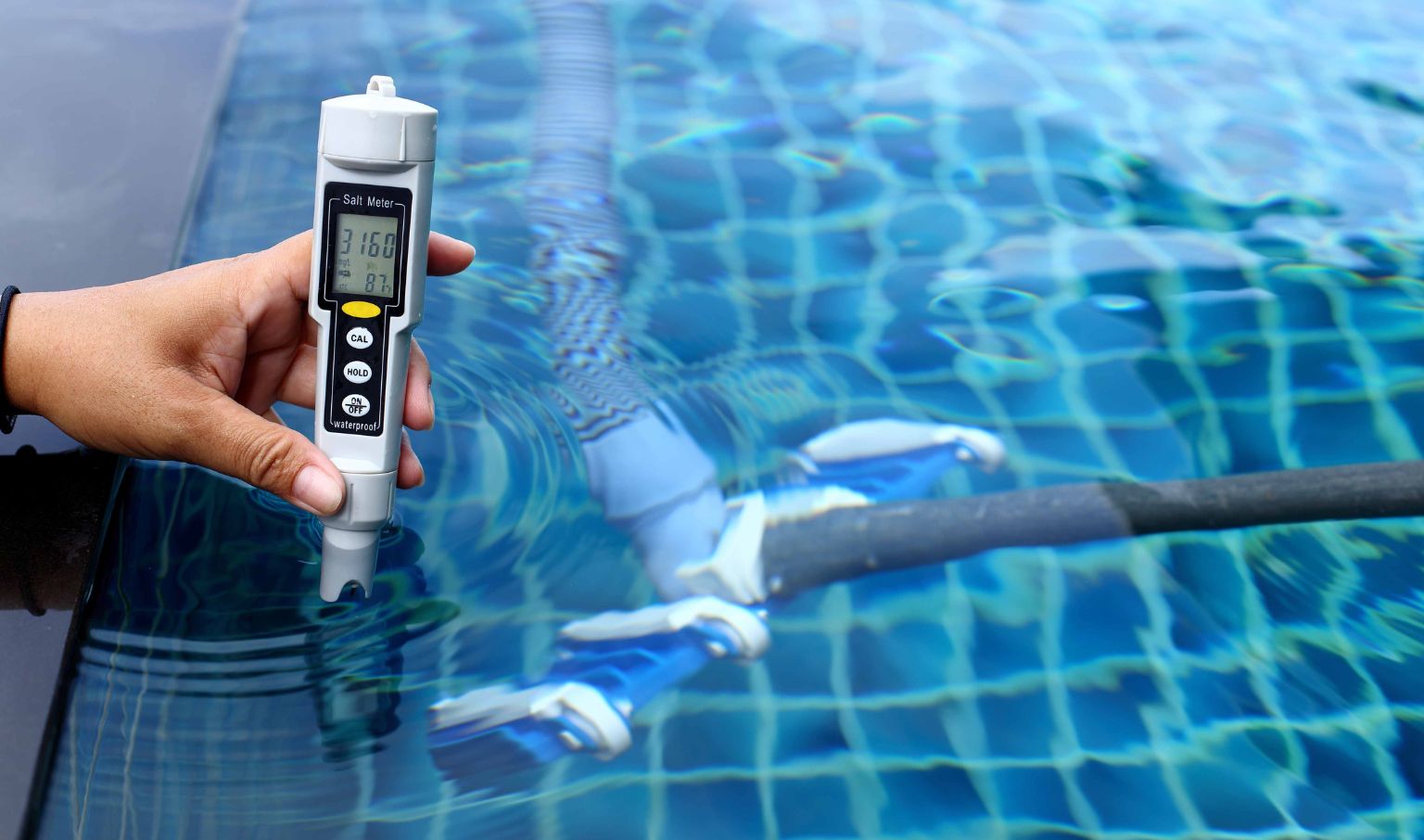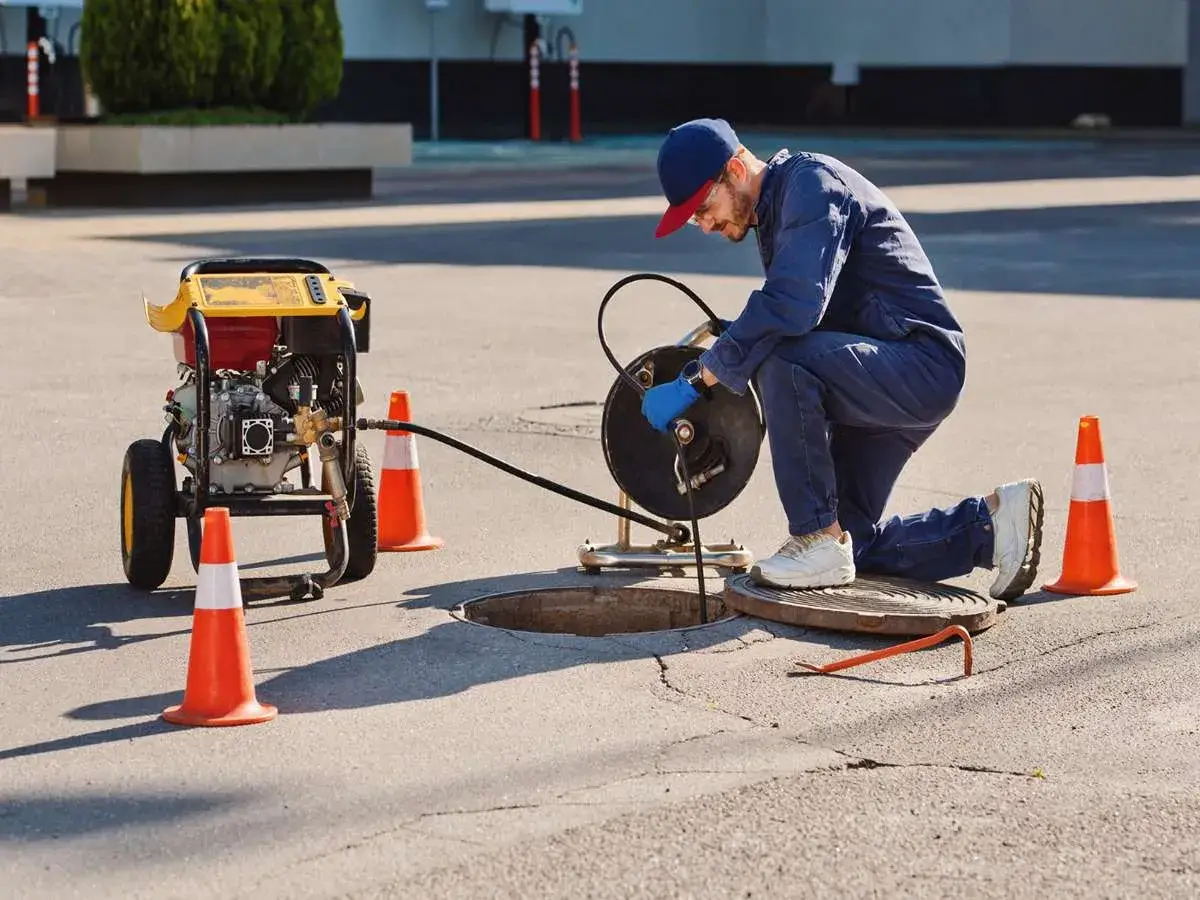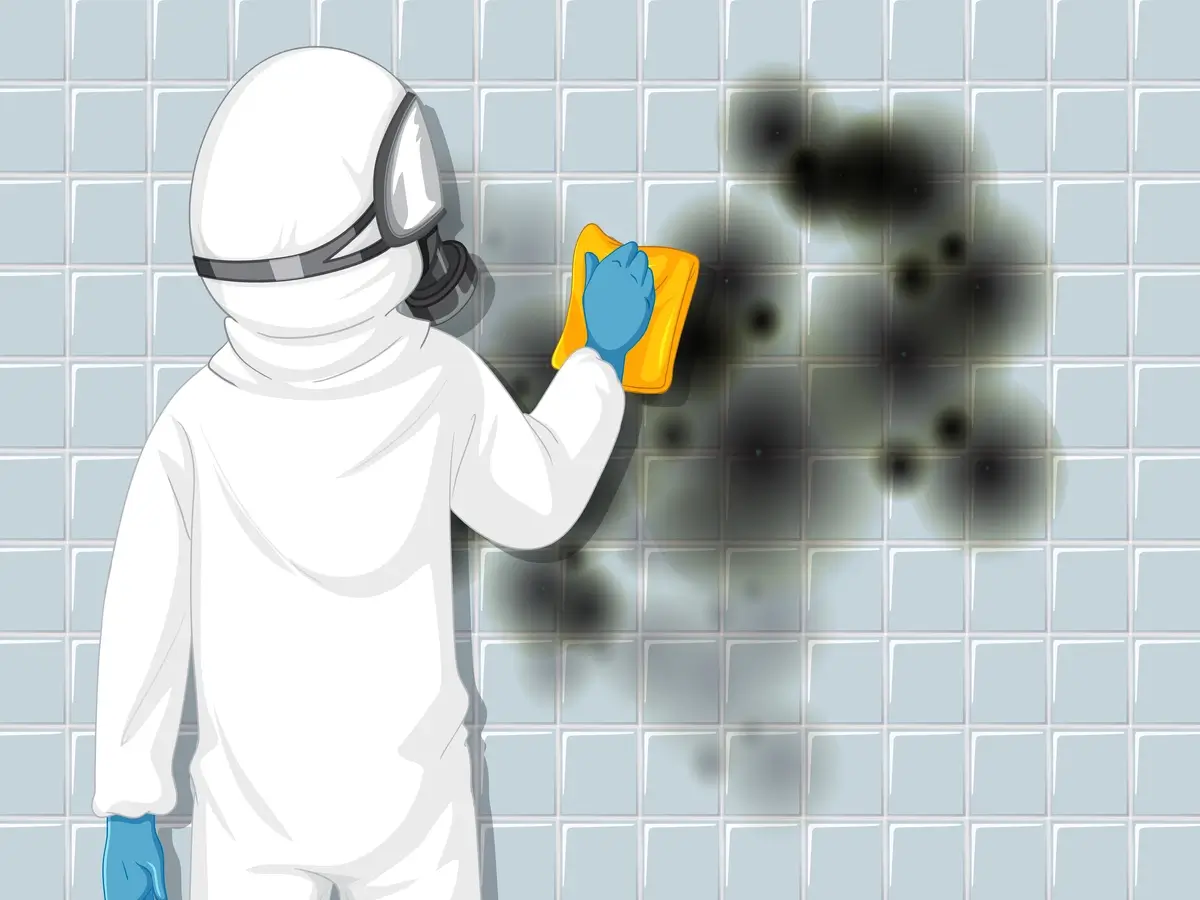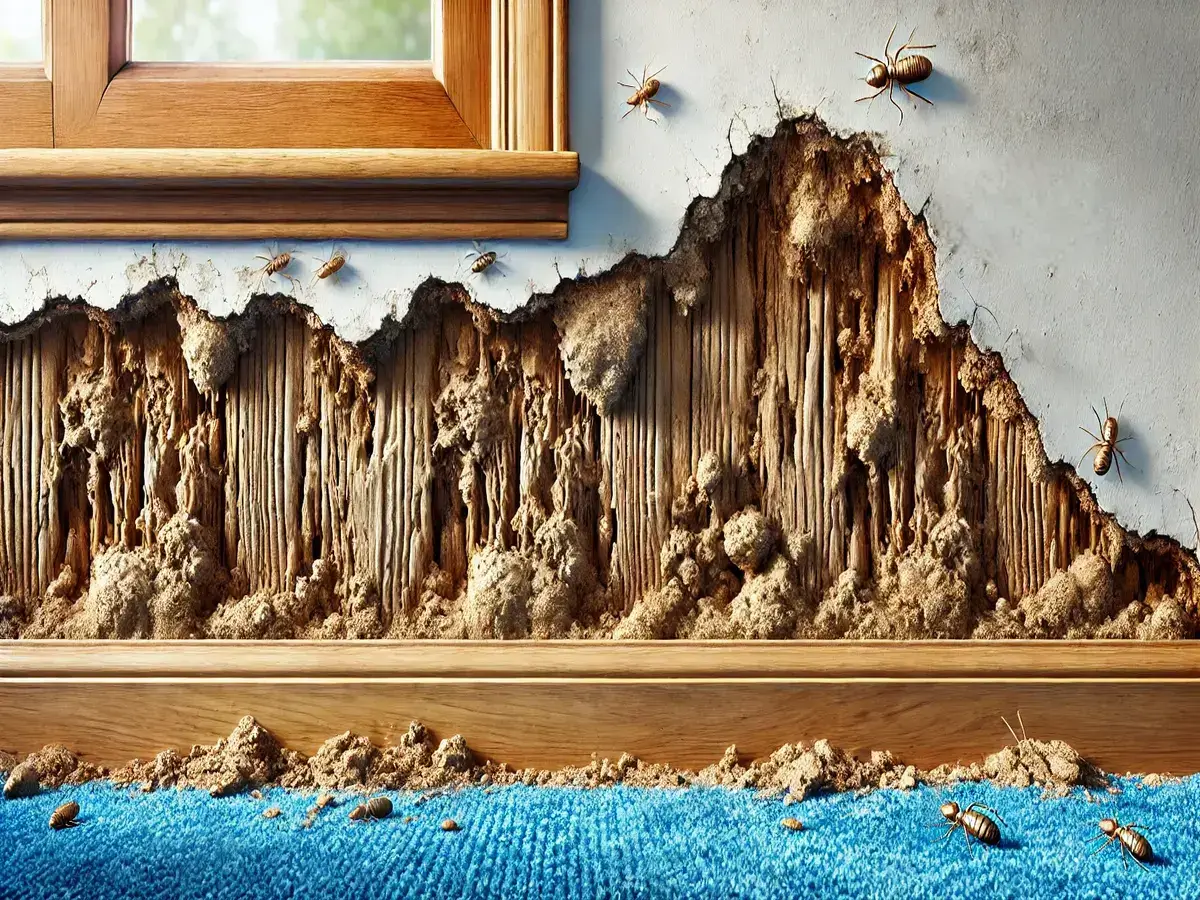Buying a home is always a thrilling experience. You walk through beautiful kitchens, cozy living…

How Regular Pool Inspections Minimize Liability Risks
When you want to buy or own a property with a pool, you want it to be an asset, not a liability.
But, besides the pool being all appealing, pleasing, and the perfect add-on, it’s also a great deal of responsibility.
You’d need to ensure that the pool is safe, functional, and has a long lifespan. It might seem like too much at first, but this is what owning a pool is like. It comes with a great deal of responsibility.
However, did you know you can ensure all these factors by scheduling a regular pool inspection?
Now you do.
These inspections are a great way to help identify and address potential issues early on. Eventually, helping you maintain a safe and enjoyable swimming experience by preventing accidents and minimizing costly repairs.
In this blog, we will discuss why pool inspections are necessary and how they contribute to your pool’s overall safety and well-being. In short, how do they minimize the chances of your pool becoming a liability?
Importance of Pool Inspections
Ensuring Safety for Swimmers
Ensuring swimmer safety is the main reason for conducting regular pool inspections and minimizing liability risks. A pool’s construction, equipment, electrical systems, fencing, and overall compliance with safety standards are all included in a pool inspection. You may lower the chance of accidents or injuries in and around the pool by identifying any potential risks, such as loose tiles, broken ladders, or faulty electrical connections, and taking the appropriate action to fix them right away.
Early Detection of Problems
Secondly, regular inspections make it possible to identify issues that might not be immediately obvious to the untrained eye. These problems may include equipment failures, chemical imbalances, leaks, or plumbing concerns. Early detection and treatment of these issues can stop further damage and possibly expensive repairs. Furthermore, by spotting problems early on through inspections, preventative maintenance may be performed to prolong the life of your pool and its components.
Compliance with Safety Regulations
When you own a pool, you need to ensure your pool complies with the safety regulations to protect swimmers and stay out of legal trouble.
Regular inspections help confirm that your pool meets all applicable safety standards and local regulations. These may include the ones with pool enclosure requirements, gate latching systems, and appropriate signage. Following safety regulations, you may give your family and guests a safe and compliant swimming environment.
Preserving Water Quality
Maintaining water quality is crucial to ensure that swimming is safe and enjoyable. Testing for proper filtration, pH levels, and the presence of chlorine or other sanitizing agents are all part of regular pool inspections.
Regular pool inspections can stop harmful bacteria, algae, and other impurities from growing by ensuring the water’s balance. This will help maintain the quality of the water, keeping swimmers safe and extending the life of pool surfaces and equipment.
Extending the Lifespan of Your Pool
Your pool’s lifespan is greatly increased by regular maintenance and inspections. By identifying problems early on and taking action, you can prevent them from worsening and necessitating major repairs or possibly replacing the pool. Regular inspections help protect the pool’s structural integrity, increase the equipment’s lifespan, and maintain your investment’s worth.
Issues Found During Pool Inspections
By identifying major issues during the process, pool inspections help you save your pool and its users from experiencing risks. Or get harmed because of these problems.
Following are some of those issues that, if left unchecked, can become a liability for you and end up more of a hassle in the long run.
Pool Electrical Issues
When electricity meets the wet environment, it’s ideal to take extra care. The same is the case with pools.
During the pool inspection, the inspectors will look for missing or bad ground-fault circuit interrupters (GFCI). It’s important to access these electrical components first because they are fast-acting circuit breakers that shut off electricity. So, they’re reliable for preventing electric shock.
Moreover, inspectors will also look out for damaged or missing pool lights. And for this, they’ll check junction boxes. These are most commonly used for pool lighting and must be updated to meet current codes, which pool inspectors will ensure.
Pool Interior & Pool Deck Hazards
You can notice the pool interior and deck issues without expert help because these are quite noticeable. But you’ll need to hire an expert to invest and address them right after you notice any changes.
Some common pool interior issues include:
- Deteriorated or damaged pool shell or plaster
- Small cracks or tears
- Leakage or seepage
- Improperly bonded metal around the pool
- Unleveled water levels
- No anti-vortex drain covers
Pool Equipment & Connection Issues
These are the most common issues found during a regular pool inspection. There’s a high chance that other issues are waiting for you if your pool has dysfunctional equipment.
These will impact other equipment in your pool, and a clogged filter might also lead to pool pump issues. But they will also shorten the lifespan of expensive equipment, too. So, besides affecting your pool, these will also affect your pockets.
And it must be quite obvious by now why are pool inspections necessary.
Conclusion
In conclusion, with pool ownership comes great responsibility. And to handle this responsibility, scheduling regular pool inspections is a smart and ideal choice.
These inspections ensure that pool users are safe by detecting problems early on and promoting compliance with safety regulations. Moreover, pool inspections also help preserve water quality, contributing to extending the overall lifespan of your pool.
You can enjoy a well-maintained and safe pool in all four seasons by conducting routine inspections and promptly addressing issues that arise. It is best to hire professionals or consult a pool service company like Advantage Inspection Service to conduct thorough inspections. This will help you get expert guidance and maintain the safety and longevity of your pool.



